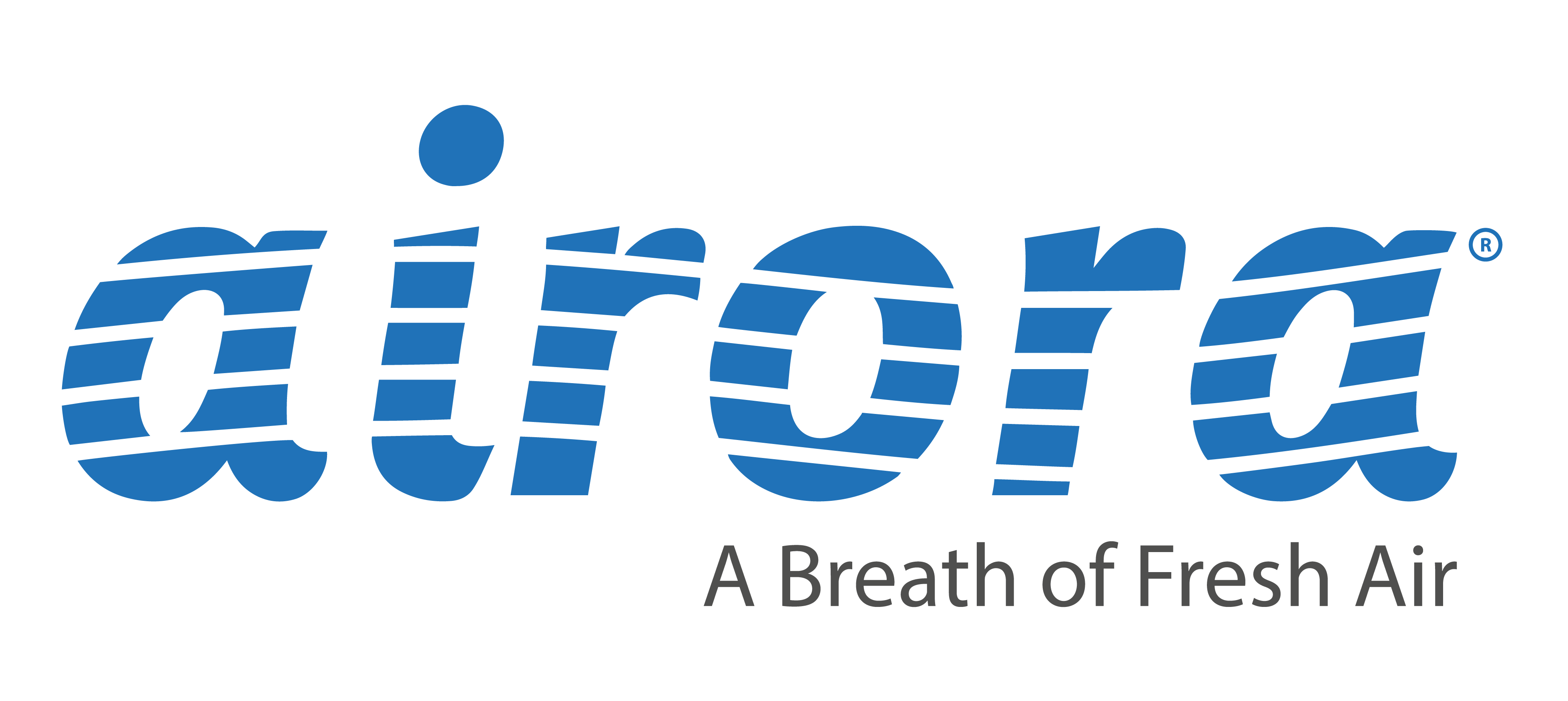Spray cleaners and your health
A study on Household Cleaning Sprays and Asthma by Professor Zock of the Municipal Institute of Medical Research in Spain, was published in the American Journal of Respiratory and Critical Care Medicine in 2007.
Professor Zock undertook the research as ‘Cleaning work and professional use of certain cleaning products have been associated with asthma, but respiratory effects of nonprofessional home cleaning have rarely been studied’
According to the study, the exposure to certain cleaning products during professional cleaning work has been associated with MCS and other asthma symptoms for some time. This study, however, focused on the respiratory effects of non-professional home cleaning.
The study identified 3,503 persons, in 10 countries, doing the cleaning in their homes and who were free of asthma at baseline. Frequency of use of 15 types of cleaning products was obtained in a face-to-face interview. The researchers studied the incidence of asthma defined as physician diagnosis and as symptoms or medication usage at follow-up. Associations between asthma and the use of cleaning products were statistically analysed.
Participants were assessed for asthma, wheeze, physician diagnosed asthma and allergies during follow-up. They were also asked to report the number of times per week they used cleaning products.
Two thirds of the study population who reported doing most of the cleaning were women. 6% of them had asthma at the time of follow-up. Fewer than 10% of them were full-time homemakers.
Risks were predominantly found for the commonly used glass-cleaning, furniture, and air-refreshing sprays. Cleaning products not applied in spray form were not associated with asthma.
The report concluded that:
"The relative risk rates of developing adult asthma in relation to exposure to cleaning products could account for as much as 15%, or one in seven of adult asthma cases".
And that:
“Frequent use of common household cleaning sprays may be an important risk factor for adult asthma” and that for these reasons “it is recommended to use allergy friendly cleaning products.”
Source
American Journal of Respiratory and Critical Care Medicine Vol. 176. pp. 735-741,
(2007); The Use of Household Cleaning Sprays and Adult Asthma, An International Longitudinal Study
Airora vs Sprays
Airora is unique, instead of trying (mostly unsuccessfully) to filter irritants from the air, Airora simply desroys the irritants wherever they are, both in the air and surfaces.
The hydroxyl radical cascade created by Airora
breaks down and removes gaseous lung irritants, such as those created by spray cleaners and air fresheners.
Airora has other benefits that no traditional air cleaner / filter can effectively achieve, it destroys or neutralises all types of germs and odours and most other irritants and harmful pollutants throughout entire indoor spaces.
|
The independent expert panel of the National Asthma Council Australia have presented the Airora Pyramid with its trusted Sensitive Choice blue butterfly award for the benefit it can bring to people with asthma and allergies. Sensitive Choice is a not for profit global program extending over 60 countries, so that people with asthma and allergies can look out for the reassuring blue butterfly around the world. |
You can find out all about Airora at airora.com
And contact us at support@airora.com
Copyright Airora 2024 1 V1.1
